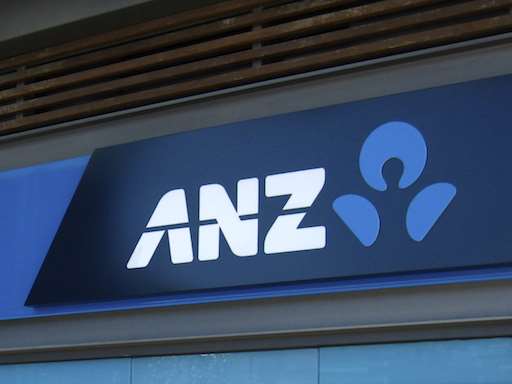ANZ Banking Group will follow other 'big four' banks in introducing a name-checking function on transactions, in part to avoid payments being made to scammers.
CBA, Westpac and NAB have progressively enabled similar capabilities over the first half of the year.
Speaking at a parliamentary review of the country's major banks, ANZ chief executive Shayne Elliott said the bank is “investing hundreds of millions of dollars in terms of scam prevention, and detection”.
He said the issue of consumers being hit by scams or fraud is “broader than just the banks" – echoing recent commentary by NAB.
“I'm not trying to shift blame here, but it needs an ecosystem response," Elliott said.
“We are spending the money to do more, [and] we will do more – we will implement the ability to name check.”
Elliott said that name checks would not stop the top two scam types in Australia today, however: investment scams and romance scams.
“These are complex things and by the way, scammers are smart and so they continue to evolve and change," Elliott said.
ANZ customer fairness adviser Evelyn Halls also said there was an increase in bank impersonation scams seen towards the end of 2022.
Halls said malicious actors were using SMS spoofing to make it appear that scam messages were from ANZ.
"Because of the way the telecommunication system operates, that message will then fit into that chain of previous messages [on a customer's device]," Halls said.
Halls said ANZ had “put a range of warnings in place” including in-app messaging.
However, it opted not to text warnings to customers as this could create confusion for people on which message to believe.
“We also put in place a lot of measures behind-the-scenes to try and intercept and detect and prevent transactions which are [being made as a result of] those scams," she said.
“Obviously, it's preferable if you can stop the scam happening rather than try to identify the payment later.
"But we were also using different triggers to try and flag where we thought potential transactions might be coming through that were, in fact, scam transactions.”
ANZ to implement name checks on transactions – Finance – Strategy – iTnews

